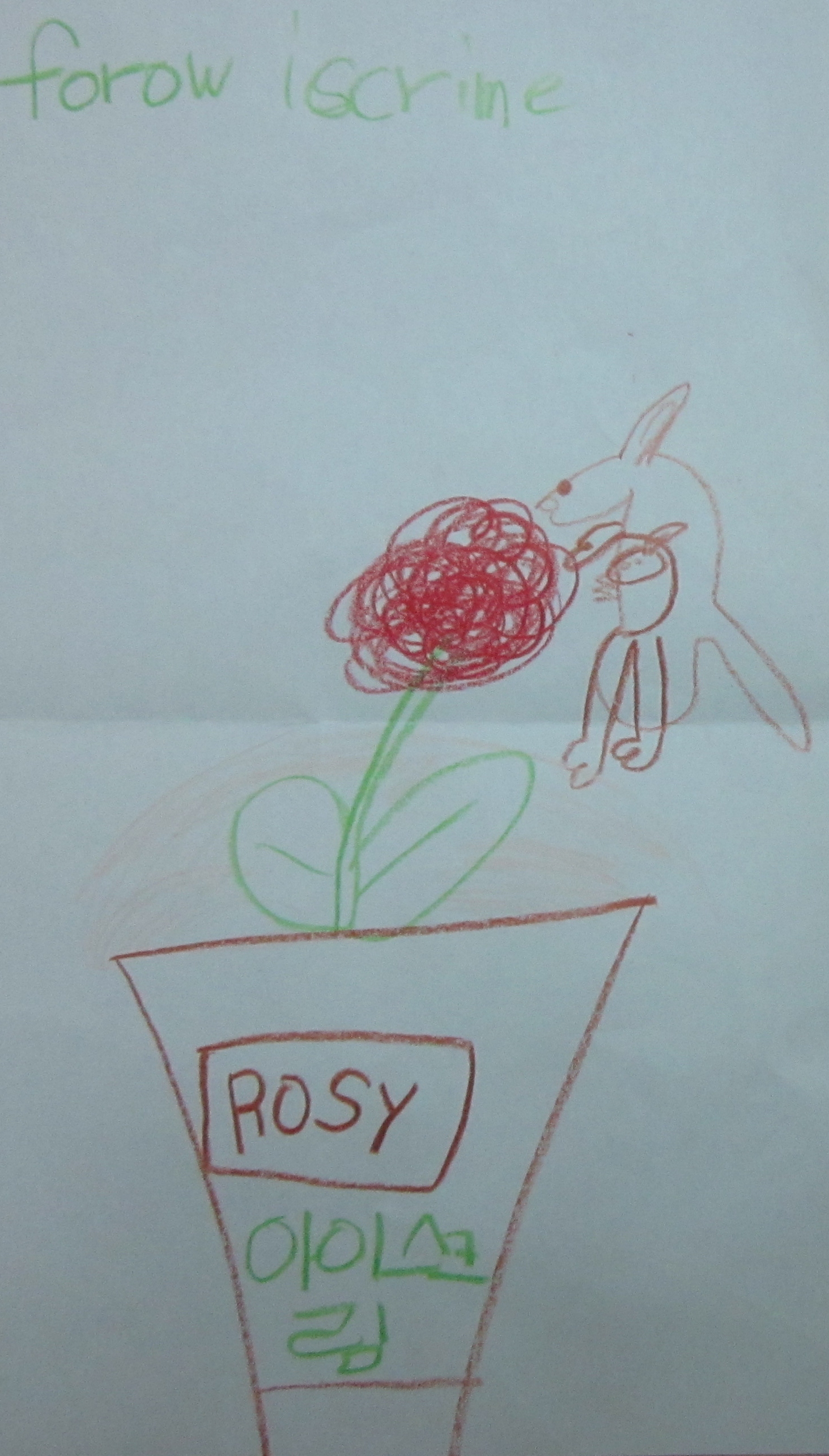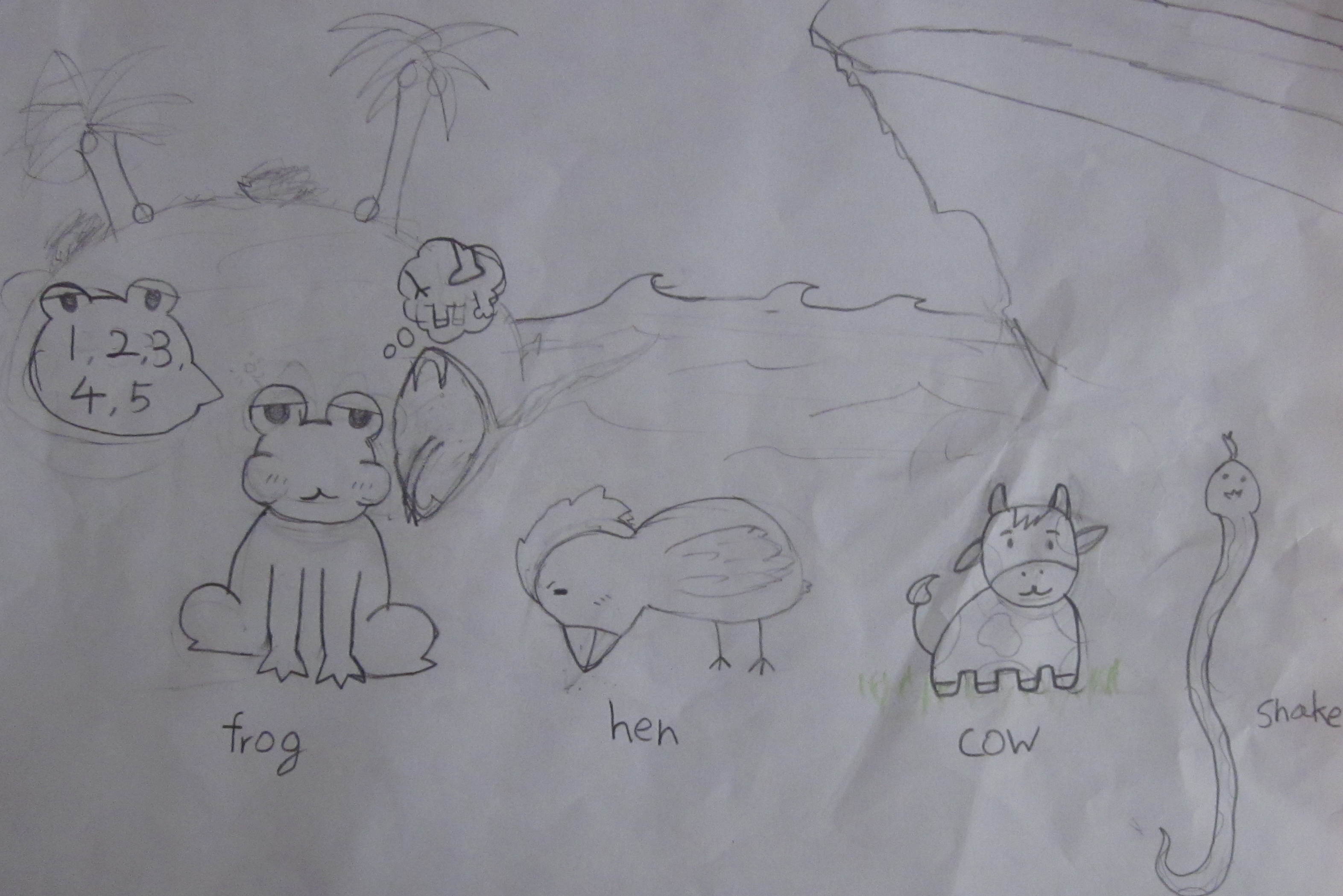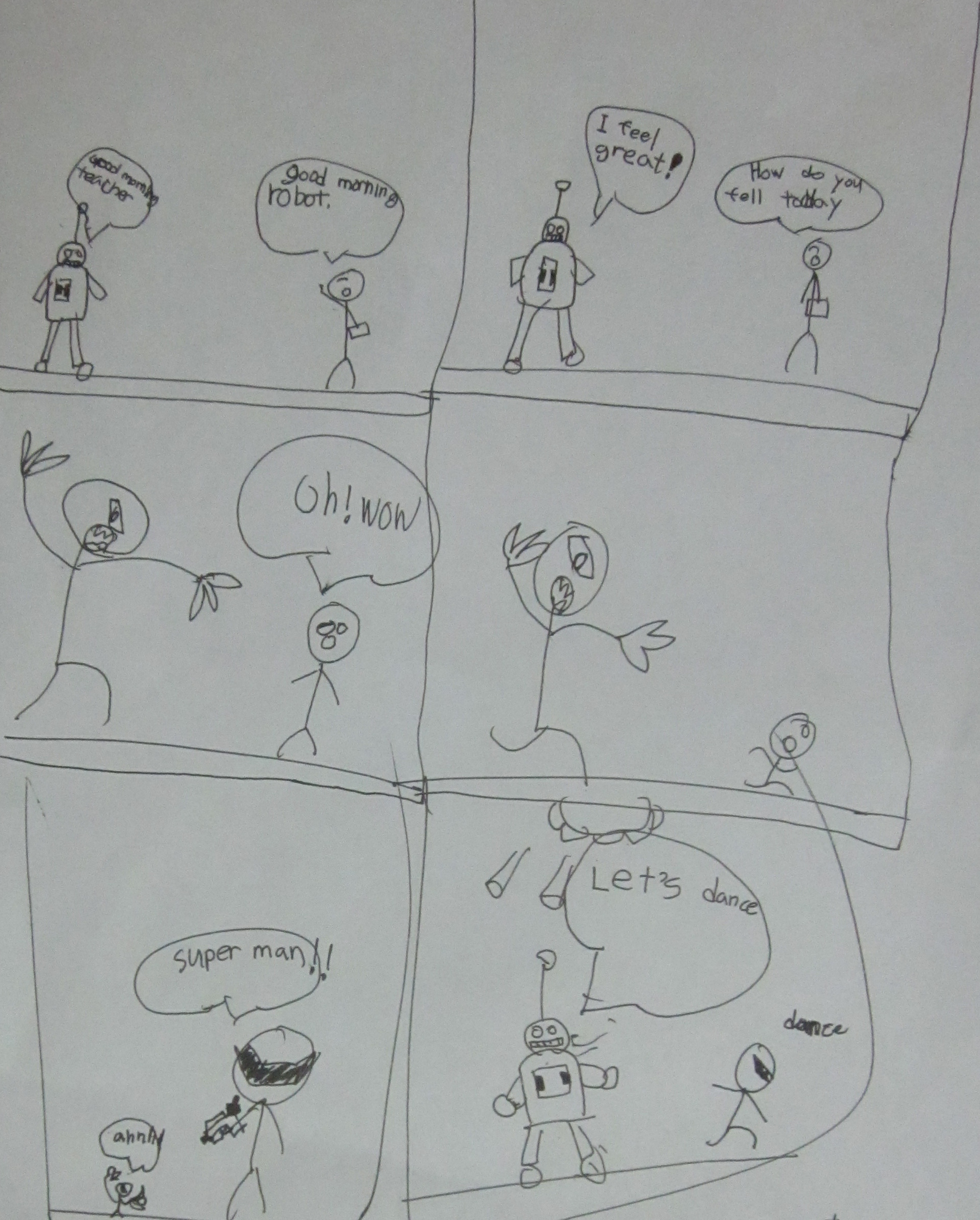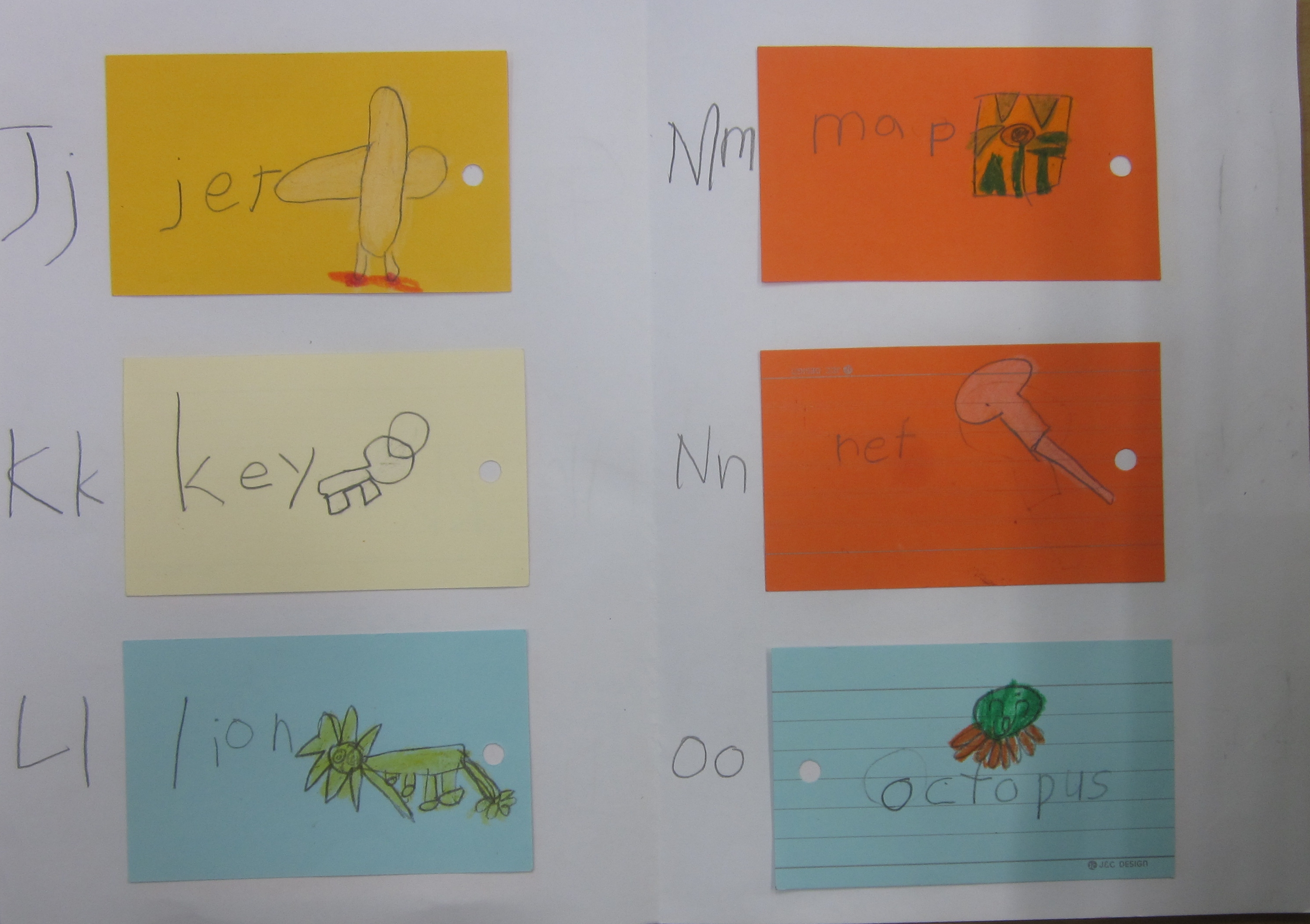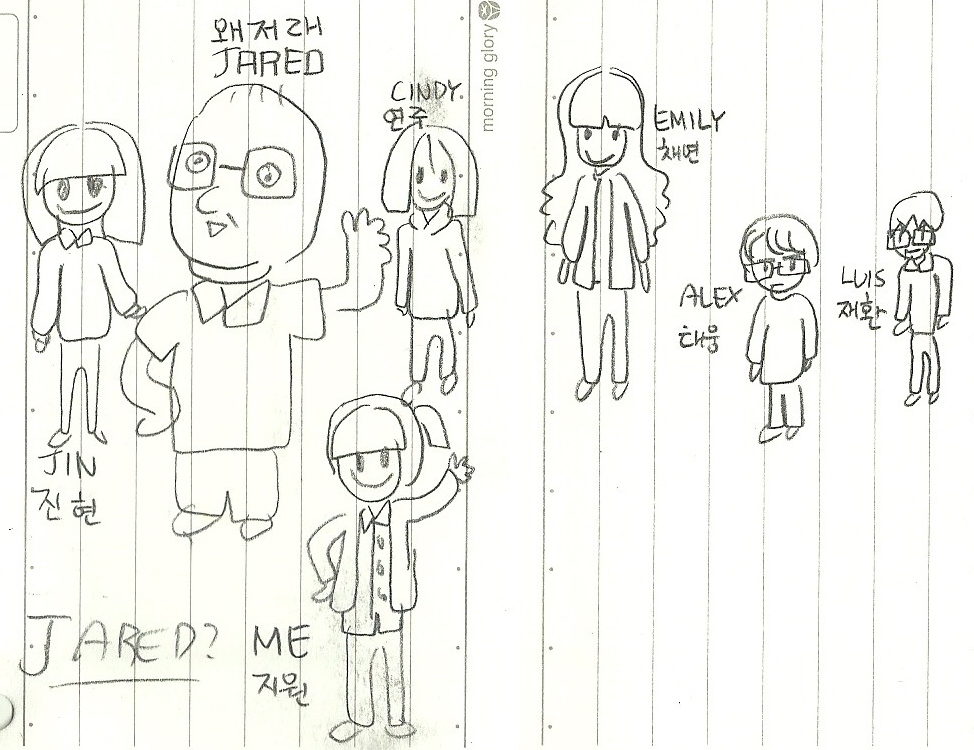Sometimes one student can ruin a class. Or a day. And there's nothing to be done about it – just bluster through. Sometimes parents make boneheaded requests, and there's nothing to be done about that, either – just bluster through.
So I was already having a grumpy day. And then…
Recently, some random strangers (trolls) posted utterly non-useful comments on one of the youtube videos I posted of my teaching (it was an effort to show how I tried to teach "debate" to a very low-level 3/4/5 grade class, and felt it went better than I'd ever dreamed. The substance of the comments: "control your class!"
<rant>
I saw the comments, and I watched the offending video – frankly, it's not that uncontrolled. It's from a few years ago – it is, in fact, from my last day at LBridge, at the end of August, 2009 – so over 3 years ago, now.
There's the one kid, John, who was always vaguely ADHD and so I tolerated a kind of restlessness in him. Excepting him, and his special circumstances, none of the other kids show a great deal of uncontrolled-ness. To provide additional context, this was not, by any stretch of the imagination, a regular class. There was the fact that it was my last day – the kids were aware of this. There was the fact they'd just attended an assembly where they'd received special packages of goodies – that's what a number of them, notably John, are obsessively fiddling around with. Finally, I'd decided to deviate utterly from the expected curriculum, without preparing them for this fact. I'd "wrongfooted" them. So there's the fact that they don't really know what I've planned for them. And finally, we cannot forget that the presence of a video camera, in and of itself, will tend to make kids act out and do strange things – they don't get the "just act normal" dictum that older kids or adults can understand.
Considering that, I'd urge my anonymous commenters to realize that context in these things is important. Further, it doesn't appear either of these creepy commenters went on to watch the subsequent parts of the same video – they only watched the first video, and therefore they didn't, in fact, see that the kids actually managed to present their "debate" – pretty low-level, admittedly.
But obviously, I've taken these anonymous, troll-comments personally. Because, when you get right down to it, I do feel some insecurity about my ability to control a class. Like on bad days. Like today.
But I'd like to set aside that insecurity, for a moment, acknowledging it for what it is – an expression of insecurity about my teaching ability, and not something grounded in sound pedagogical theory or child-development psychology.
Kids do not, in fact, need to be "controlled." "Controlling" kids has nothing to do with providing them with a good education. Kids need to be engaged. There are only two reasons kids need to be "controlled" in a classroom: 1) their safety, 2) because they make the adults uncomfortable. Only the first reason is legitimate. The second reason is just about people nursing secret fascisms in their blasted, grown-up souls. "Controlled" kids are bored kids, depressed kids, turned-off-to-learning kids. Kids should be positively engaged, and to the extent a teacher is successful, they will then control themselves.
Really, watching that video, after seeing those comments, I was expecting to see kids jumping around or bouncing off walls, and in fact, I saw no such thing. I saw a few kids fiddling with things, OCD style. I saw a few kids looking around at other kids, or making side-comments in the their native Korean, a few times, even, to clarify what I was saying in English (I rely on and encourage this – it's called "leveraging peer-teaching" between those with stronger English skills and those with lower-level ability).
And if one goes on to watch the subsequent parts, you will see that without any violence on my part (meaning not physical violence, but authoritarian verbal coercion a la the "traditional classroom"), I get 100% participation in my little experiment to teach debate to high-beginning elementary English learners.
</rant>
Sigh. I deleted the trolls. And I posted a link to this rant at that video. Not that it makes a difference – I have 0% expectation that the offending trolls would read this rant or, that, if they did, would understand my points. Nevertheless… I had to get the thoughts off my chest.
 My student Ahyeon was angry at me today. But unlike most elementary students, instead of acting out, she approached her anger in an unusual way: she ignored the class proceedings for about 20 minutes (I could tell she was angry – it was about some issue related to the awarding of points on homework), and spent the time carefully making a “black card” for me (picture at right), which she presented to me with a shy smile at the end of class. It was very unusual, but I was pleased with it, in a strange way. It was so communicative – which as a language teacher, is much more valuable than the content of the communication, if that makes any sense.
My student Ahyeon was angry at me today. But unlike most elementary students, instead of acting out, she approached her anger in an unusual way: she ignored the class proceedings for about 20 minutes (I could tell she was angry – it was about some issue related to the awarding of points on homework), and spent the time carefully making a “black card” for me (picture at right), which she presented to me with a shy smile at the end of class. It was very unusual, but I was pleased with it, in a strange way. It was so communicative – which as a language teacher, is much more valuable than the content of the communication, if that makes any sense.



